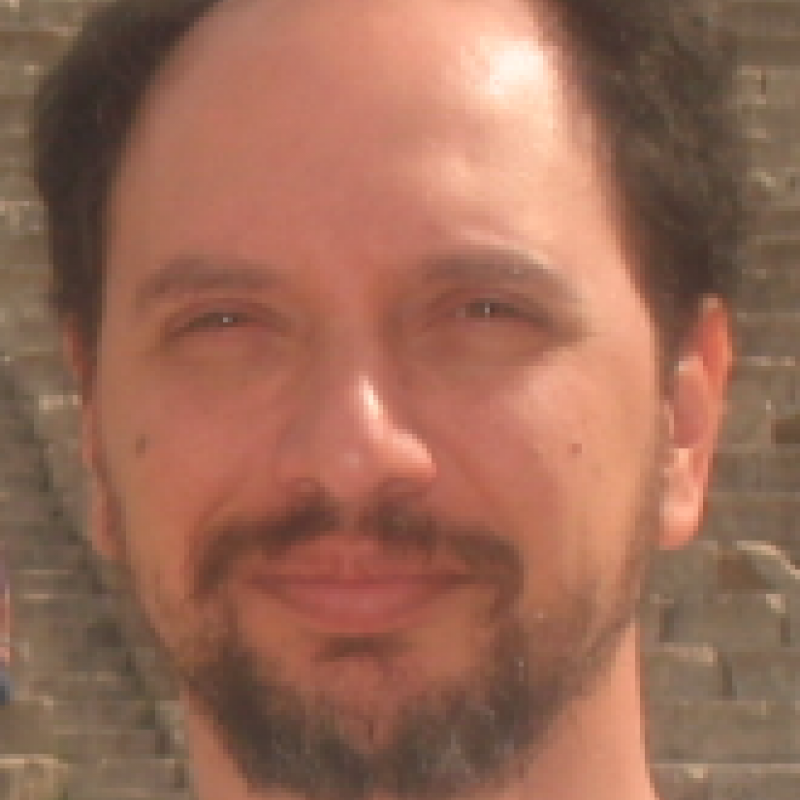I am an evaluator and consulting sociologist from Argentina, with more than 20 years of progressively responsible positions in applied and academic social sciences: evaluation, planning, community participation, and program management. I have a Ph.D. from Sussex University (United Kingdom) and I am a member of the CONICET -Argentine Research Council- as well as professor of Anthropology at Universidad Nacional de San Juan (Argentina). I have been a member of the working group that developed the Evaluation Standards for Latin America and I am actually involved in a research program about Participative Evaluation in Latin America and the Caribbean (https://evalparticipativa.net). I am nowadays a Board Member of IDEAS, the International Development Evaluation Association and have been Board Member of the Latin American Evaluation Network (ReLAC), the International Organization for Cooperation in Evaluation (IOCE) and the EvalPartners initiative. I am experienced in bridging evaluation research and policy by interdisciplinary work, and interested in linking issues of relevance and applicability with high standards of evaluation quality. Since 2011 I have been blogging about issues of Evaluation, Development, and Complexity in my blog "Al Borde del Caos".
Pablo [user:field_middlename] Rodriguez-Bilella

Pablo Rodriguez-Bilella
Researcher & Evaluator
CONICET
Argentina
Pablo Rodriguez-Bilella
Researcher & Evaluator CONICETDear Emma,
let me share with you and the rest of the colleagues my experience in EvalParticipativa, the Community of Practice and Learning in Participatory Evaluation for Latin America and the Caribbean. This community has born from the interest and growth of the evaluation in the regional and global context. In recent decades, theoretical and methodological production has increased, as well as the emergence of national evaluation policies in countries on all continents, a growing institutionality of evaluation and the consolidation of various initiatives aimed at professionalizing this practice. In addition, the Sustainable Development Goals report a new agenda of priorities for global evaluation, which includes the role of civil society in these efforts and highlights the participatory dimension as a central aspect of the evaluation practice.
However, the notion of participation acquires different connotations in various contexts and the practice of evaluation does not always reflect this participatory “vocation”. Many times programs and projects aimed at stimulating participation become a symbolic simulation, particularly when they are unaware of the reality of redistribution of power that involves encouraging a participatory process. In these cases, participatory evaluation tends to be limited to a mere consultative instance, without offering local actors the possibility of influencing the decisions of the evaluation agenda and thus enriching its products and impact.
It is true that the theoretical and instrumental deficit that characterizes these practices is not clear or evident, as well as what are the conditions and mechanisms that facilitate and impede effective citizen participation in the evaluation processes. Therefore, without revealing these issues, it will not be possible to overcome the weaknesses of many participatory evaluations.
Thus, we consider it relevant and timely to develop a Community of Practice and Learning on Participatory Evaluation for Latin America and the Caribbean that allows these issues to be deepened creatively through knowledge and analysis of concrete evaluation experiences, which will enhance their scope and socialize their methods and tools
As a community of practice we emerged from the conviction of the potential of peer work as a mechanism to deepen knowledge and experience through different instances of interaction (training, meetings and fairs of tools, webinars, publications, etc.). By "peers" we understand all those who in one way or another are involved in an evaluation process: evaluators, decision makers requesting an evaluation, civil society organizations that are users of programs and projects, among others. The creation of this community of practice and learning around participatory evaluation for Latin America and the Caribbean has as its main objective the strengthening and inclusive involvement of civil society in evaluation processes. For this we want:
1) Identify and analyze experiences of participatory evaluation in Latin America and the keys that mark the facilitation of these processes.
2) Create a virtual repository of materials for learning about participatory evaluation: manuals, guides and validated tools.
3) Systematize the experiences studied by transferring good practices to a manual for the facilitation of participatory evaluations, which has four central chapters: conceptualization, methodology (processes), tools and guidelines for facilitation.
4) Design a course to facilitate participatory evaluations and implement a pilot test to train representatives of civil society organizations in the region.
In this 5 minutes video you can see the experience we developed last year in the First Latin-american and Caribbean Workshop on Participatory Evaluation. Unfortunately, most of our materials are in Spanish, although Google Translator can give you a hand ;-). We are planning to have our website in English soon. I´m also attaching a brief publication by one of the organizations linked with EvalParticipativa.
I hope you find this useful.
Best wishes,
Pablo